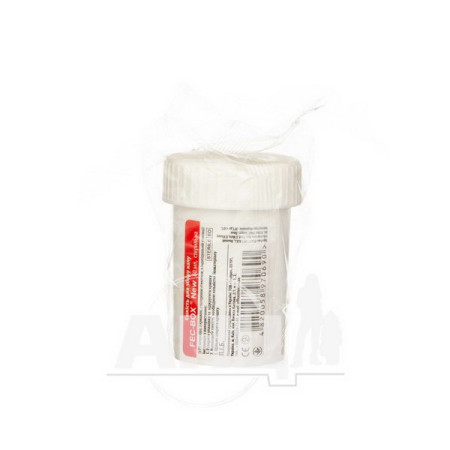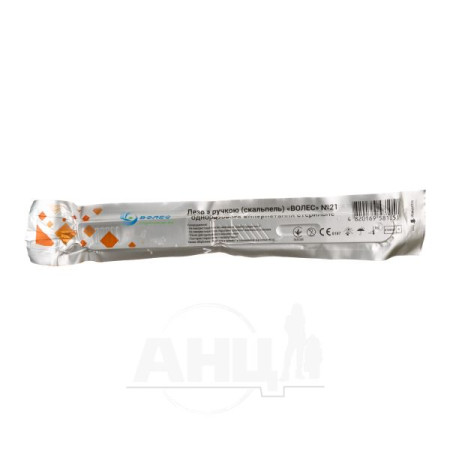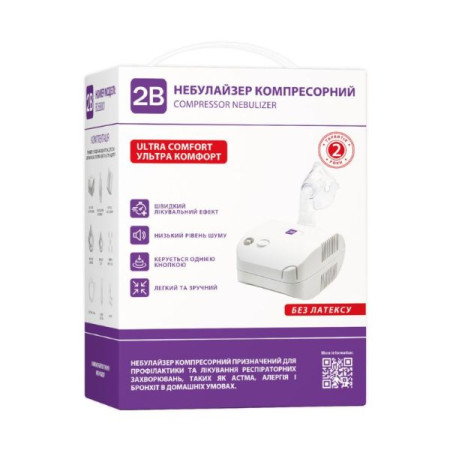L-lysine aescinate solution for injection 1 mg/ml ampoule 5 ml No. 10

Instructions for L-lysine aescinate solution for injection 1 mg/ml ampoule 5 ml No. 10
Composition
active ingredient: escin salt of 2,6-diaminohexanoic acid;
1 ml of solution contains escin salt of 2,6-diaminohexanoic acid, calculated as 100% substance 1.0 mg;
Excipients: ethanol 96%, propylene glycol, water for injections.
Dosage form
Solution for injection.
Main physicochemical properties: clear colorless liquid.
Pharmacotherapeutic group
Vasoprotectors. Capillary stabilizing agents. Other capillary stabilizing agents. ATX code C05C X.
Pharmacological properties
Pharmacodynamics
The drug has anti-inflammatory, anti-edematous and analgesic effects. Escin reduces the activity of lysosomal hydrolases, which prevents the breakdown of mucopolysaccharides in the walls of capillaries and in the connective tissue surrounding them, and thereby normalizes increased vascular-tissue permeability and exhibits anti-exudative (anti-edematous), anti-inflammatory and analgesic effects. The drug increases vascular tone, exhibits moderate immunocorrective and hypoglycemic effects.
Pharmacokinetics
Not studied.
Indication
As part of the complex therapy of cerebral edema of traumatic, non-traumatic and postoperative genesis, including with intracranial hemorrhages, increased intracranial pressure and edema-swelling phenomena.
Spinal cord edema of traumatic, non-traumatic, postoperative genesis.
Cerebrospinal fluid-venous disorders in chronic cerebral circulatory disorders (CCR) and vegetative-vascular dystonia.
Soft tissue edema involving the musculoskeletal system, accompanied by local disorders of their blood supply and pain syndrome; edematous and painful syndromes of the spine and extremities; severe disorders of venous circulation of the lower extremities in acute thrombophlebitis, accompanied by edematous and inflammatory syndrome.
Contraindication
Hypersensitivity to the aescin salt of 2,6-diaminohexanoic acid and/or other components of the drug; active bleeding accompanied by unstable hemodynamics; severe renal dysfunction; severe hepatic dysfunction.
Interaction with other medicinal products and other types of interactions
When treating with L-lysine aescinate, other medications may be prescribed for appropriate indications (anti-inflammatory, analgesic, antimicrobial).
The drug should not be used simultaneously with aminoglycosides, as this may increase their nephrotoxicity. In the case of long-term anticoagulant therapy, which was carried out before the appointment of L-lysine aescinate, or if it is necessary to use L-lysine aescinate and anticoagulants simultaneously, it is necessary to correct the dose of the latter (reduce the dose) and monitor the prothrombin index.
The binding of escin to plasma proteins is impaired by the simultaneous use of cephalosporin antibiotics, which may increase the concentration of free escin in the blood with the risk of developing side effects of the latter.
Application features
In some patients with hepatocholecystitis, when using the drug, a short-term increase in transaminase activity and bilirubin (direct fraction) is possible, which does not pose a threat to patients and does not require discontinuation of the drug.
This medicine contains 0.9 to 1.1 g of ethanol (alcohol) per ampoule. May be harmful to patients with alcoholism. Caution should be exercised when used in children, patients with liver disease and patients with epilepsy.
Ability to influence reaction speed when driving vehicles or other mechanisms
There are currently no reports, but when using the drug, the possibility of developing expected adverse reactions from the nervous system should be taken into account.
Use during pregnancy or breastfeeding
The use of the drug during pregnancy or breastfeeding is contraindicated. Breastfeeding should be discontinued during treatment.
Method of administration and doses
The drug is administered intravenously or intravenously by drip.
Intraarterial administration of the drug is unacceptable!
The drug is recommended to be administered by slow intravenous infusion after diluting the recommended single dose to a volume of 15–50 ml with 0.9% sodium chloride solution.
The optimal recommended duration of treatment is 5–10 days of daily administration of the drug.
The maximum daily dose of L-lysine escinate® for adults is 25 ml (5 ampoules).
Recommended daily doses:
Adult
The recommended daily dose of L-lysine Escinat® is 5–10 ml (1–2 ampoules).
In life-threatening conditions, the daily dose is increased to 20 ml, divided into 2 injections; the course of treatment is up to 8 days.
In case of cerebrospinal fluid-venous disorders in CPMC and vegetative-vascular dystonia - 10 ml per day, the course of treatment is 10 days.
For children, a single dose is:
1–5 years – 0.22 mg L-lysine aescinate per 1 kg of body weight;
5–10 years – 0.18 mg/kg; from 10 years – 0.15 mg/kg of body weight. The drug is administered 2 times a day. The duration of the course of treatment is from 2 to 8 days, depending on the patient’s condition and the effectiveness of therapy.
The drug is contraindicated in children under 1 year of age.
Overdose
Symptoms: feeling hot, tachycardia, menorrhagia, nausea, heartburn, pain in the epigastrium.
Treatment: symptomatic therapy.
Adverse reactions
With individual hypersensitivity to aescinate in some patients, the following are possible:
allergic reactions: skin rash (papular, petechial, erythematous), itching, skin hyperemia, hyperthermia, urticaria, in rare cases - Quincke's edema, anaphylactic shock;
from the central and peripheral nervous system: headache, dizziness, tremor, paresthesia, in rare cases - unsteady gait, balance disorder, short-term loss of consciousness;
Liver and biliary system: increased levels of transaminases and bilirubin;
Gastrointestinal tract: nausea, in rare cases - vomiting, diarrhea, abdominal pain;
Cardiovascular system: hypotension, hypertension, tachycardia, chest pain;
on the part of the respiratory system: in rare cases - a feeling of lack of air, shortness of breath, bronchial obstruction, dry cough;
local reactions: burning along the vein during injection, phlebitis, pain and swelling at the injection site;
others: general weakness, chills, feeling hot, back pain, sweating.
Expiration date
2 years.
Storage conditions
Keep out of reach of children. Store in original packaging at a temperature not exceeding 25 º C.
Packaging
5 ml in an ampoule, 5 ampoules in blisters; 2 blisters in a pack.
Vacation category
According to the recipe.
Producer
PJSC "Halychpharm".
Location of the manufacturer and its business address
Ukraine, 79024, Lviv, Opryshkivska St., 6/8.
There are no reviews for this product.
There are no reviews for this product, be the first to leave your review.
No questions about this product, be the first and ask your question.


















